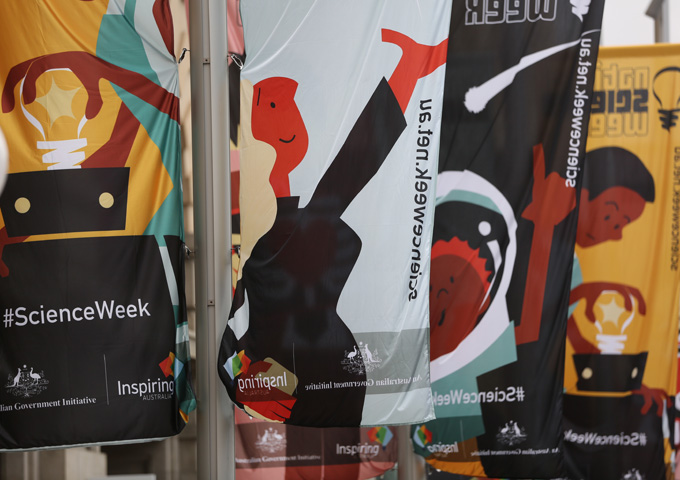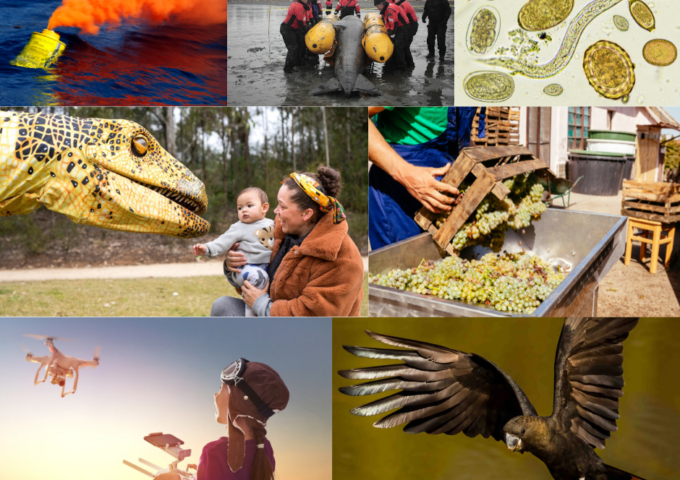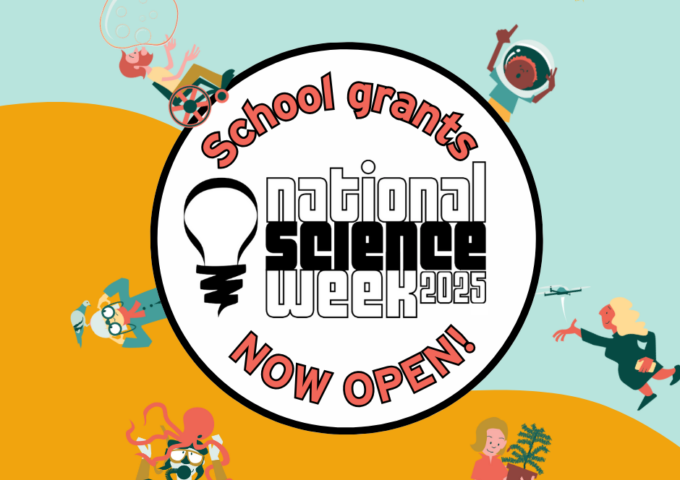
We are Dr Rachel Earl and Dr Anthony Venning, Positive Psychology researchers at the University of Adelaide.
Positive Psychology is a branch of psychology that investigates the positive aspects of our lives – work, families, relationships, communities and societies. Positive Psychology has captured our interests because it offers a fresh perspective and complements other important work that our fellow colleagues conduct in psychology, psychiatry, medicine, social work and allied health.
We have just returned from the International Positive Psychology Association (IPPA) Conference in Los Angeles where we learnt some new things (and had some of our views reinforced) about Positive Psychology. Maybe these observations will be new to you too.
Positive Psychology brings people together. Well we already knew this, but it was great to see that researchers, clinicians, educators, students, business leaders, coaches, and consultants are all interested in Positive Psychology. This included areas as diverse as neuroscience, education (primary, secondary and tertiary education), design, environmental health, meditation, gaming … and even Hollywood filmmaking.
Researchers and practioners from all over the world are active in Positive Psychology – every continent was represented at this conference. What’s great to know is that there was a strong delegation from Australia and the international audience showed great interest in what we had to say!
Positive Psychology helps us to learn more about what it is to be human. Emotions like love seem abstract and hard to define but researchers in positive psychology are showing that love can be defined (differently to how you may think) and that experiences of love (and other positive emotions) can help us be healthier.
Positive Psychology is embracing technology, as researchers are using technology to learn more about populations and to reach populations. This is best represented through two exciting pieces of work:
The World Well-Being Project at the University of Pennsylvania
A group of computer scientists, psychologists, and statisticians, are learning more about population wellbeing by analysing written expressions in social media such as on Facebook and Twitter. So far they are finding that particular words and phrases can distinguish people with different personalities. If you find yourself tweeting about partying and expressing that you ‘cant wait’ for your next social catch-up, you may well be an extrovert.
SuperBetter
This mobile app is designed by gamers with input from researchers and scientists and seeks to build physical and emotional wellbeing. The game offers players support and ideas about how to achieve their quests and allows players to input their own innovative solutions. Rachel is currently using SuperBetter to progress her quest of exercising and she just achieved a health boost by ‘chugging’ a glass of water – that’s 2 resilience points! Be inspired by creator Dr Jane McGonical.
Positive Psychology is looking to the future. How people can become future minded rather than live their lives controlled by the past is a key interest in Positive Psychology. This was a strong theme in Los Angeles and the final conference message was delivered by esteemed academic, Professor Mihaly Csikszentmihalyi who called for researchers to contribute to and lead explorations about the future of human civilisation: Who we will be as a species? Where and how we will live? And what will we be doing? These are bold considerations but ones which certainly capture our imagination at the University of Adelaide.
Come and hear more from researchers from the University of Adelaide and other leaders in South Australia at our Cafe Scientifique.
Guest blog post by Dr Rachel Earl and Dr Anthony Venning.





